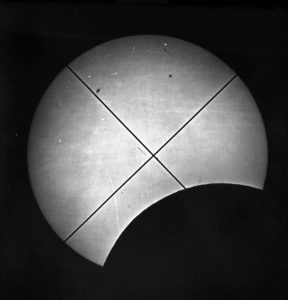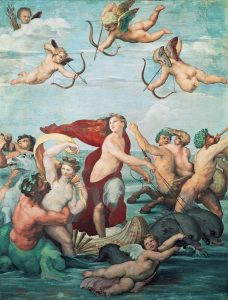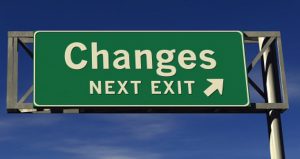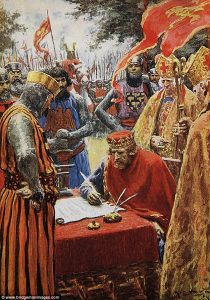You will not have to worry about a dove in your bedroom
The tiger in your tank or the giant in your toilet bowl
The revolution will not go better with Coke
The revolution will not fight germs that may cause bad breath
The revolution will put you in the driver's seat...
The revolution will not be televised
Gil Scott-Heron recorded those now famous lyrics during the Jupiter-Uranus sextile of 1971. The central idea behind the song's poetry is that the cultural revolution shaping the country at that time wasn't something that was broadcast over any normal channels of carefully procured media, but was instead happening in real life, under our feet, around our homes, and on our streets. The revolution can't be sold to us, made pretty, and solve meaningless problems.
During a similar Jupiter-Uranus sextile in early 1903, McClure's Magazine published its famous January issue that launched the muckraker revolution in journalism. This was the beginning of in-depth, scathing articles detailing the corruption and neglect in American society and in the secret halls of the behemoth corporate trusts. Muckraking was crucial to kicking off the Progressive Era, a deeply transformative period that ushered in some of the greatest reforms of American civil life, from food and drug regulation to national parks and legalizing women's right to vote.
Most of those reforms are better correlated with the Uranus-Pluto opposition of the time, as is the Uranus-Pluto conjunction with the reforms of the 1960s, just before Scott-Heron's famous poem. But Jupiter and Uranus together evoke more specifically the widespread dissemination of a social realization, a cultural shift made apparent, if not real, to everyone. Jupiter-Uranus alignments can bring about cultural epiphanies and creative solutions that catch the collective imagination like wildfire, because their time has finally come.
Continue reading












